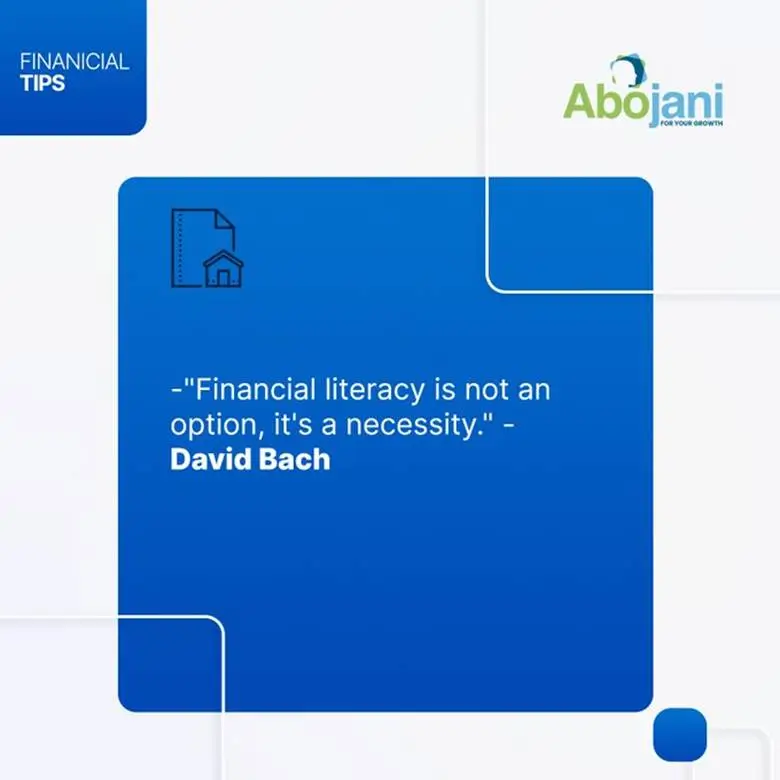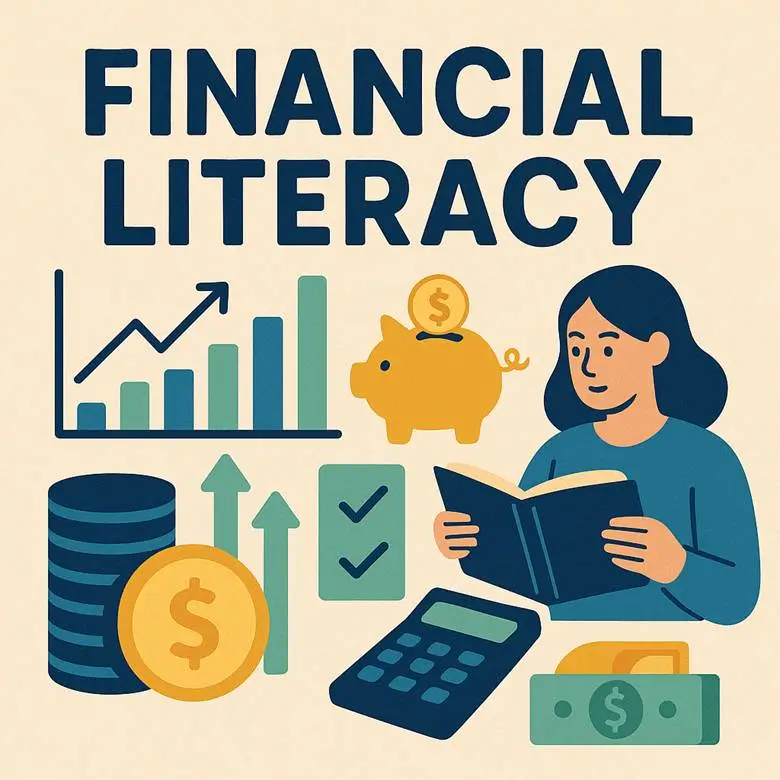Most people don’t realize they’re in a state os financial illiteracy. They work hard, pay their bills, and do their best to save. But beneath this surface-level competence, there is often a deep unfamiliarity with how money actually works.
It’s not just about knowing how to budget or avoid debt; it’s about understanding the long-term consequences of decisions that seem minor in the moment.
Also read: 7 Ways to Accelerate Your Financial Journey
Financial illiteracy doesn’t always appear dramatic. Often, it’s the quiet accumulation of missed chances… the insurance cover never bought, the pension never topped up, the loan taken without reading the terms. Over time, these small oversights create large gaps.

In many households, money is a taboo subject. Children grow up watching their parents handle it, but rarely get direct instruction. They inherit attitudes rather than strategies; fear, scarcity, impulsiveness, or secrecy. These attitudes, passed down silently, shape financial behaviour in adulthood more than any formal education ever could.
And because the gaps in knowledge aren’t visible immediately, the consequences unfold slowly. A person might go through their entire working life never investing, simply because no one ever explained how compounding works. Another might rely on expensive debt because they’ve never encountered a better alternative.
The real tragedy of financial illiteracy is that it compounds. One generation’s lack of access to information becomes the next generation’s limited options. When someone doesn’t understand how mortgages work, they’re less likely to own a home. When they don’t grasp insurance or estate planning, their family is more vulnerable to financial shocks. When they underprice their labour or never negotiate their salary, their lifetime earnings suffer. These aren’t just personal losses, they are missed opportunities for family stability, community development, and economic mobility.
For many people, the financial system feels intentionally complex, and sometimes, it is. But even basic knowledge can be powerful. Understanding how interest works can keep someone from falling into predatory debt. Knowing the difference between assets and liabilities can change how a family builds wealth. Recognizing the impact of inflation can alter savings behaviour. And the earlier this knowledge is acquired, the more valuable it becomes. Every year without it is a year of decisions made in the dark.

There is no shame in not knowing. Most people were never taught. But there is risk in remaining unaware, especially in a world where financial tools and products evolve quickly, and the cost of ignorance rises just as fast.
Financial education isn’t about mastering spreadsheets or stocks. It’s about gaining the confidence to ask better questions, weigh trade-offs, and make informed decisions. It’s about replacing inherited silence with informed dialogue, and ultimately, building a life where money serves you, not the other way around.





